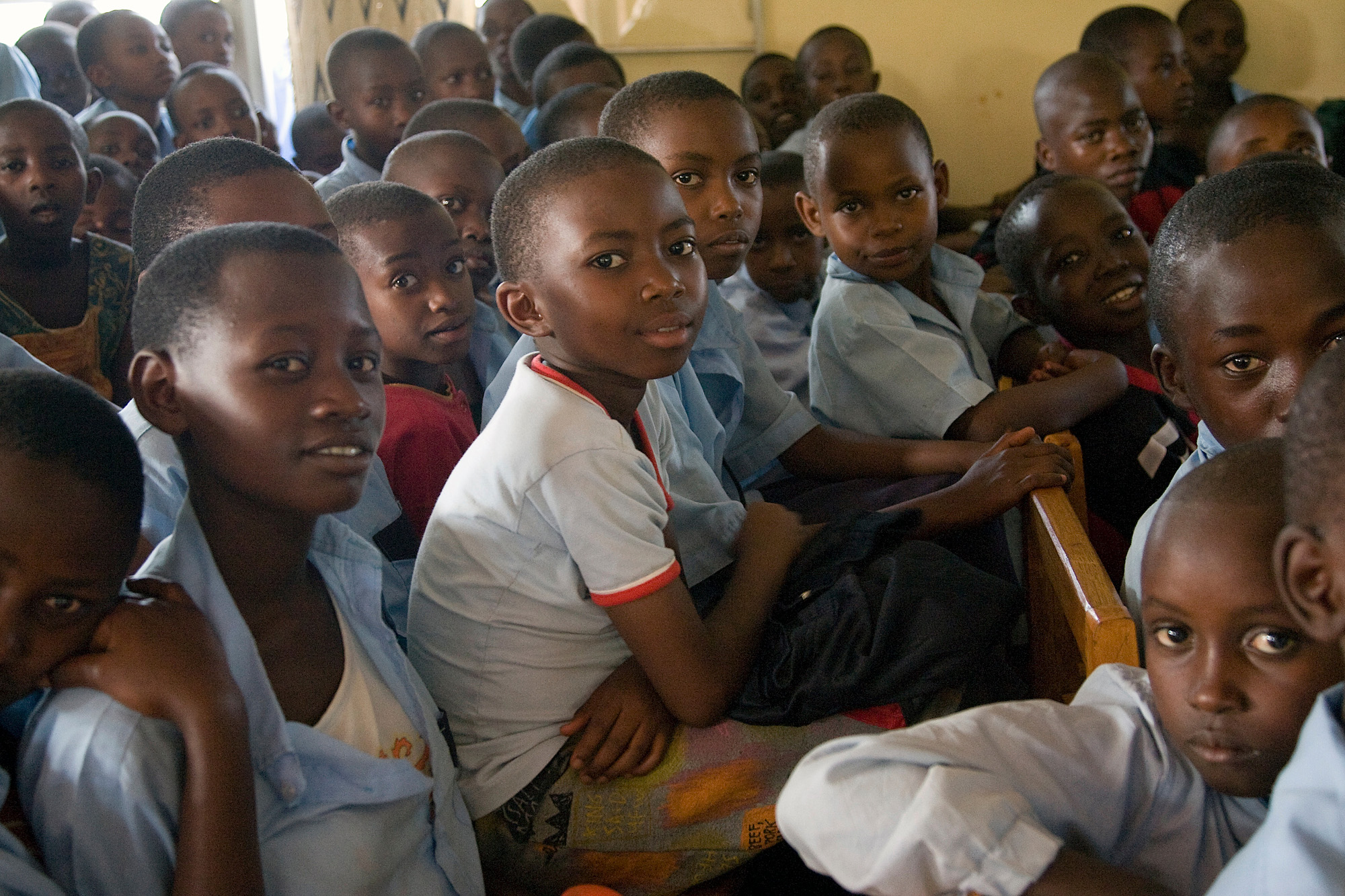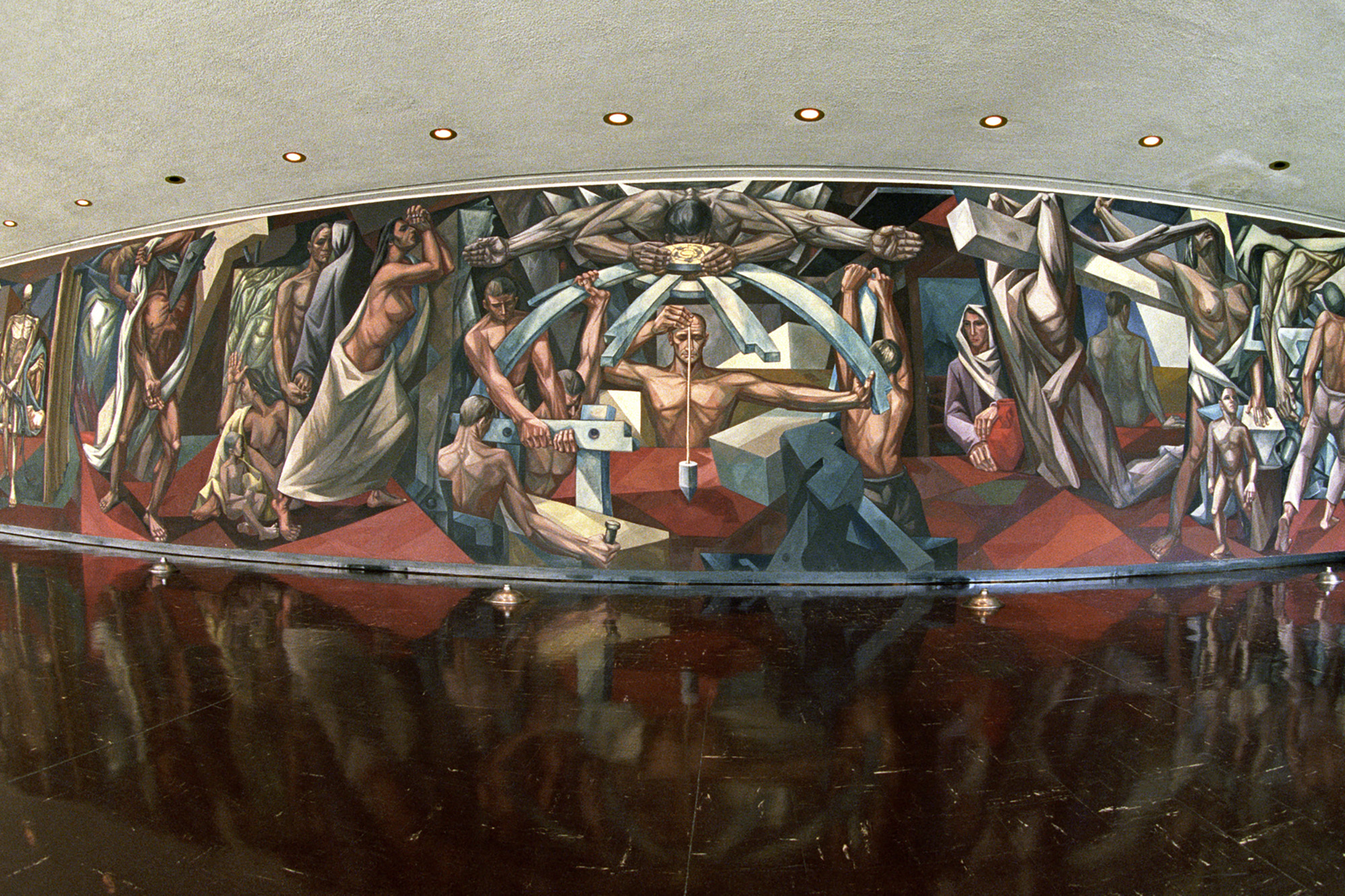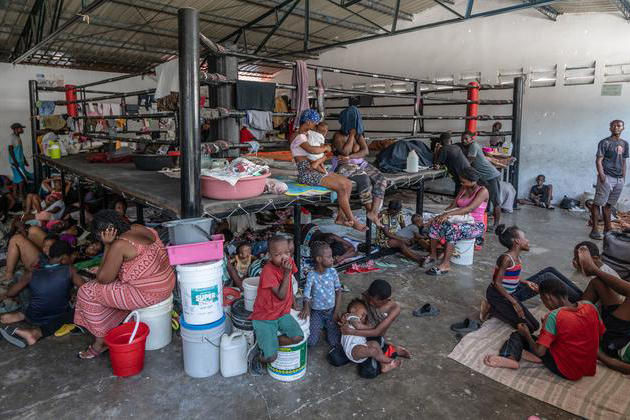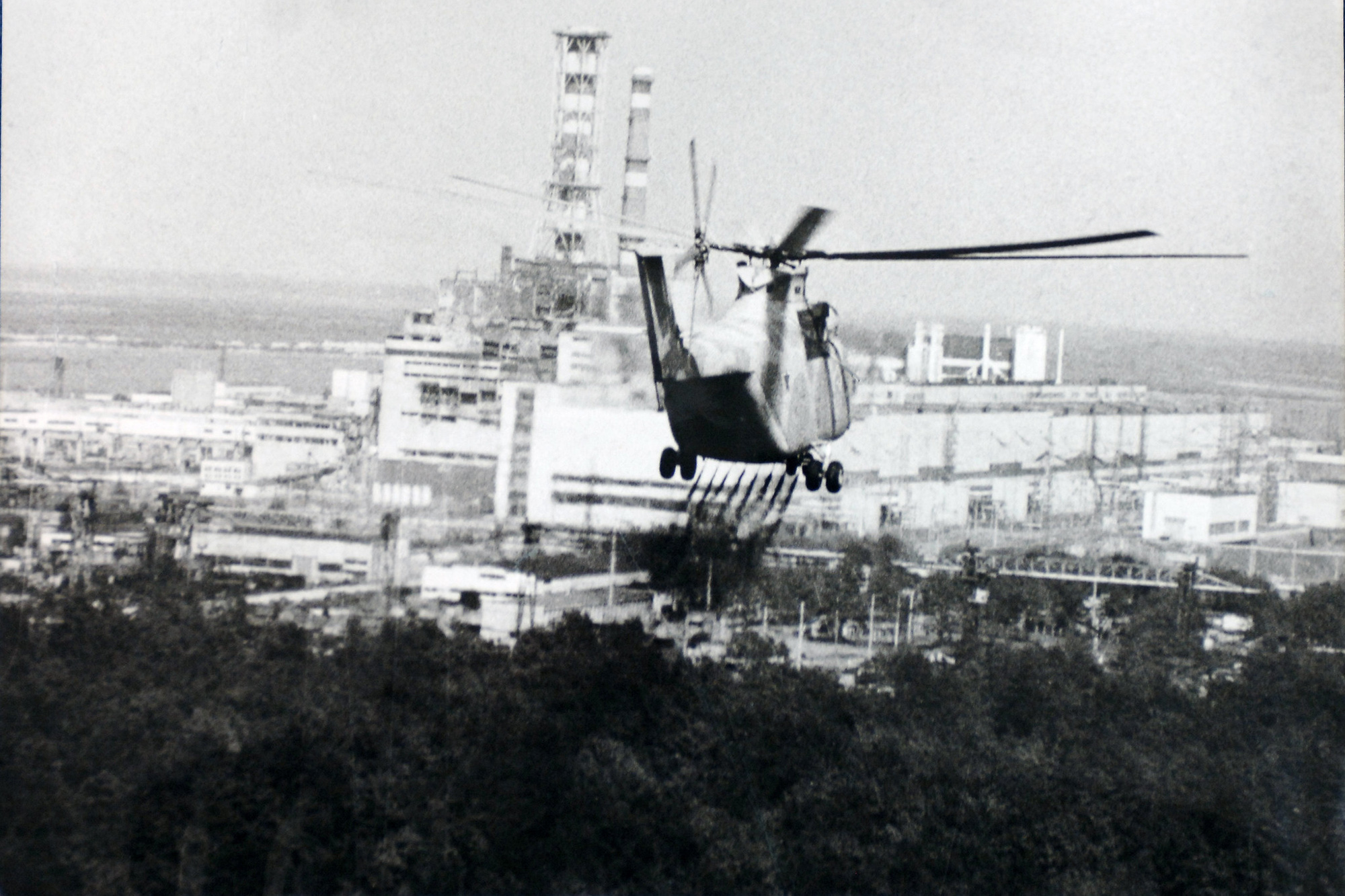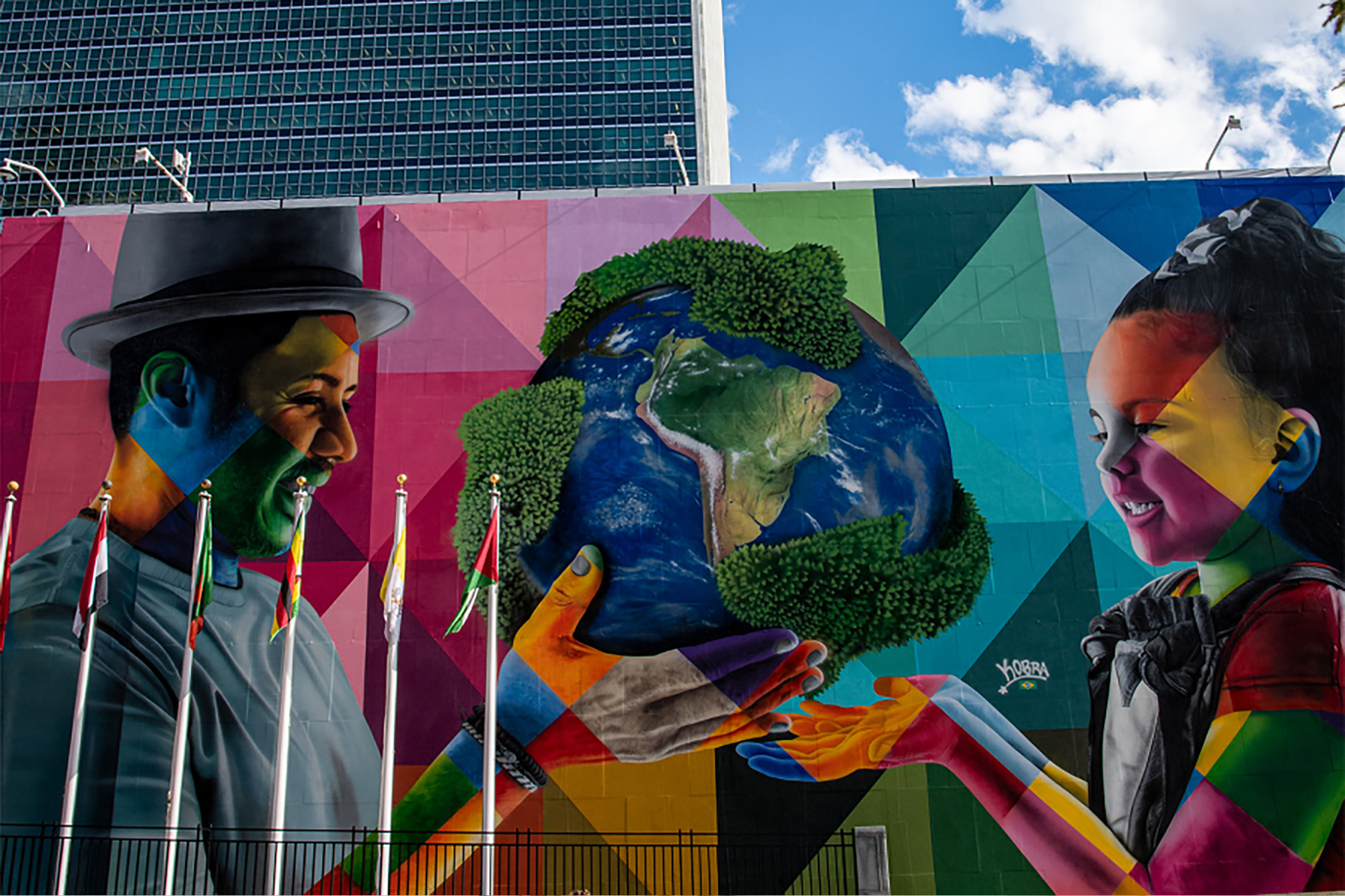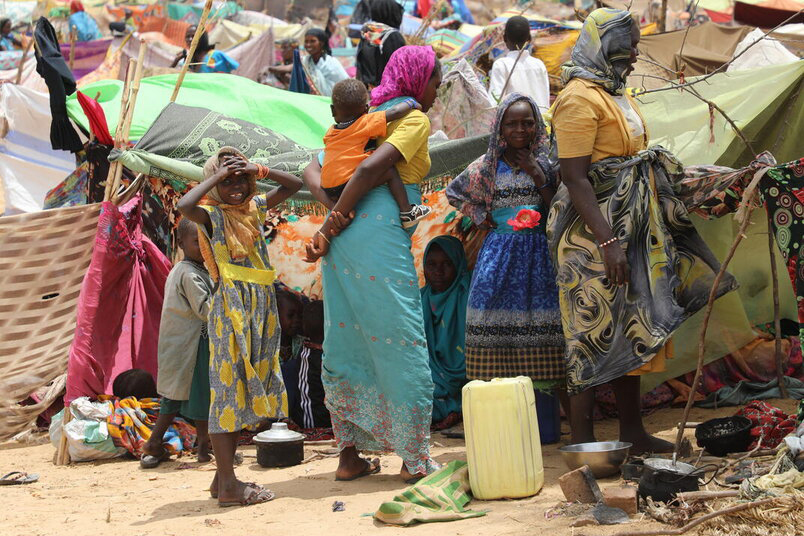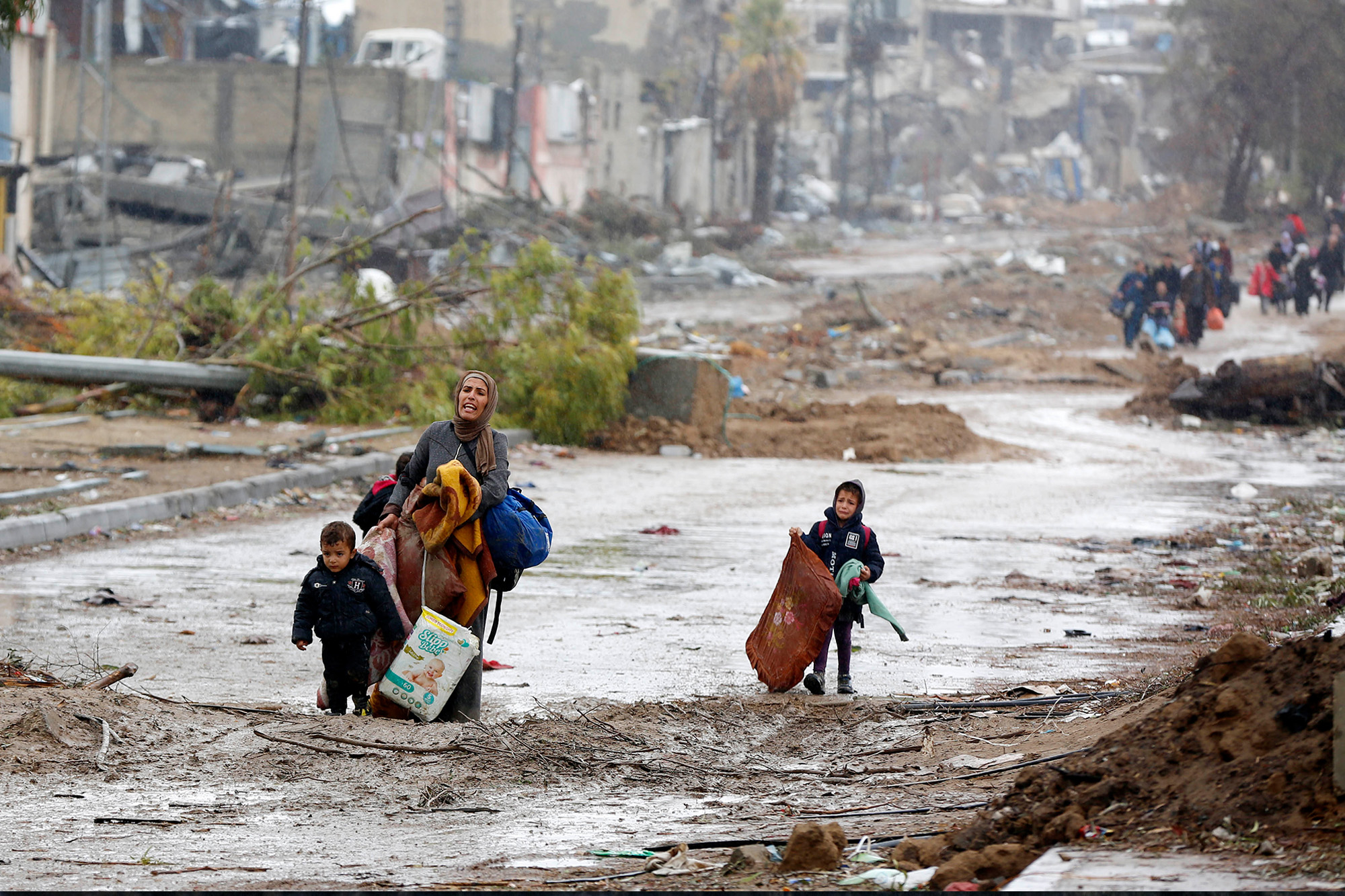UN Secretary-General António Guterres calls for Olympic Truce ahead of Paris Games
Ahead of the Paris Olympic Games, the United Nations has called for a global ceasefire. “In the spirit of the Olympic Truce, I call on everyone to lay down their arms, build bridges, foster solidarity, and strive for the ultimate goal: peace for all”, UN Secretary-General António Guterres said in a statement released earlier this week. He also extended his wishes for “every success to the Olympians and Paralympians”. The video message will be played at 7:20 p.m. CET during the opening ceremony on 26 July. The ancient tradition of the Olympic Truce—Ekecheiria— originating over 3,000 years ago, aims to halt hostilities to ensure the safe participation of athletes, while promoting global peace, solidarity, and respect.




